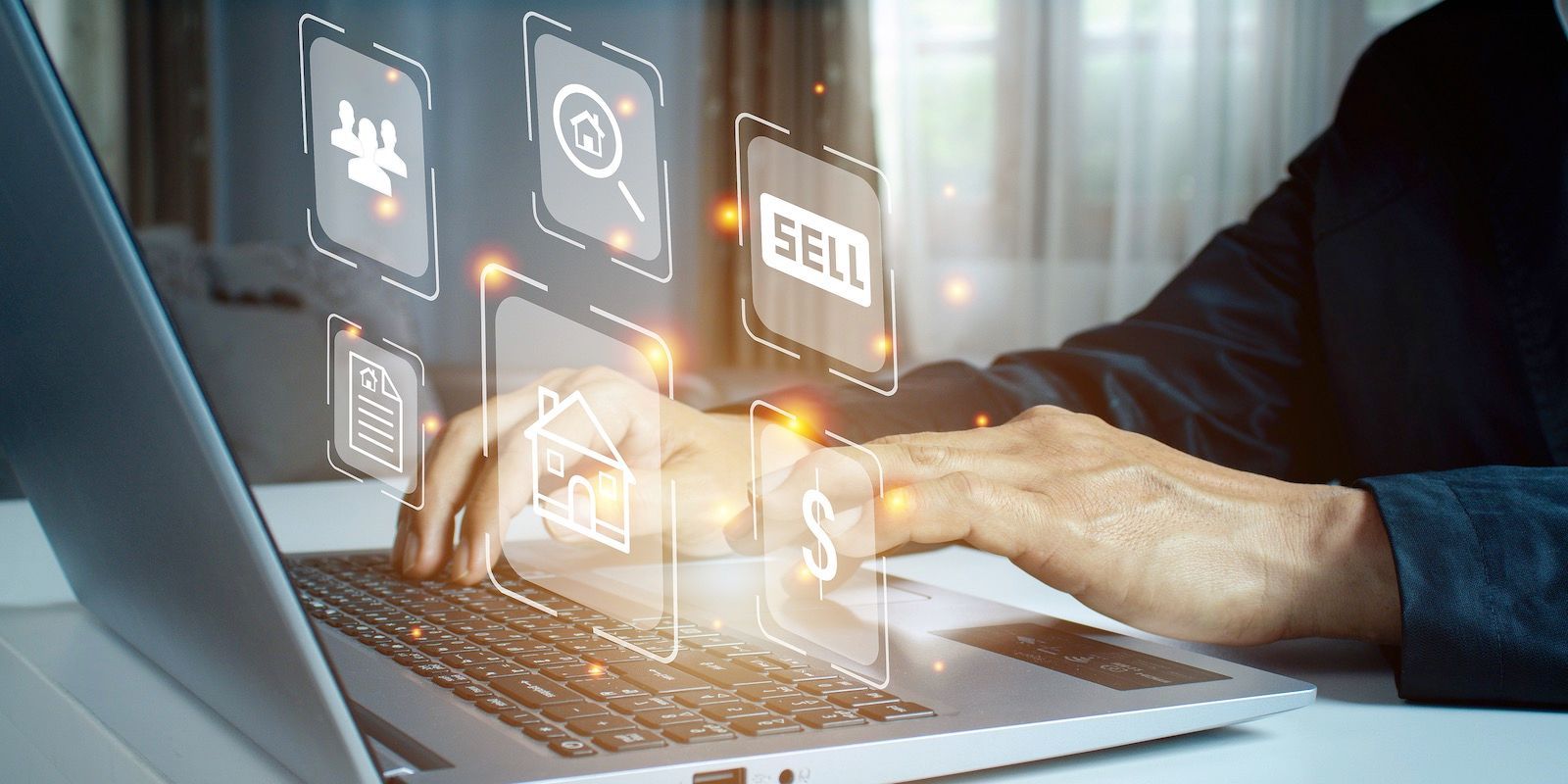Older Canadians Have Mortgage Options

Although it’s ideal to have your mortgage paid off by the time you retire, that isn’t always possible in today’s economy. The cost of living is considerably higher than it has ever been, and as a result, many Canadians are putting off retirement, hoping to make just a bit more money to add to that nest egg.
So if you find yourself in the position where you’re considering your mortgage options into retirement, you’ve come to the right place.
The advantage of working with an independent mortgage professional instead of a single bank is choice. When you work with an independent mortgage professional, you won’t be limited to an individual institution’s products; rather, you will have access to considerably more options.
Here are some options available to older Canadians as they plan for mortgage financing through their retirement.
Standard Mortgage Financing
If you’ve got a steady income, decent credit, and equity in your home, there is no reason you shouldn’t qualify for standard mortgage financing, which usually comes at the lowest interest rates and best terms. Some lenders use pension and retirement income to support your mortgage application even if you’ve already retired.
Reverse Mortgage Financing
A reverse mortgage allows Canadian homeowners 55 years and older to borrow money from their homes with no proof of income, no credit check, and no health questions. A reverse mortgage is a fabulous mortgage solution that has helped thousands of older Canadians enhance their lifestyle.
Home Equity Line of Credit (HELOC)
A line of credit secured to the equity you have in your home is an excellent tool to allow you to access money when you need it but not pay interest if you don’t need it. Many older Canadians like the idea of rolling all their expenses and income into one account.
Private Financing
If you happen to be in a bit of a tight spot, you have a plan but need a financial solution; private financing might be the answer. Indeed not the first choice for many because of the higher interest rates. However, private financing can provide you with options where a traditional bank can’t.
If you have any questions about securing mortgage financing for your retirement, please connect anytime. It would be a pleasure to work with you and walk you through all your options.



Send a Message
Send A Message
Thank you for contacting us.
We will get back to you as soon as possible.
Oops, there was an error sending your message.
Please try again later.
Victor Anasimiv. All Rights Reserved | DLC



